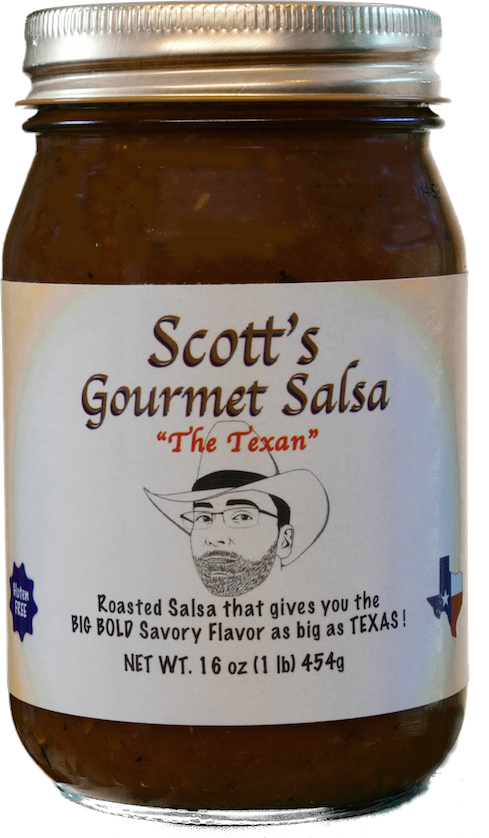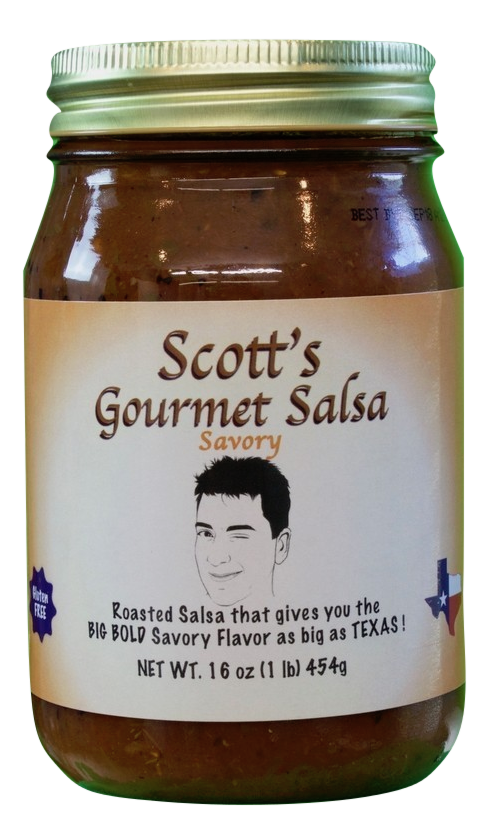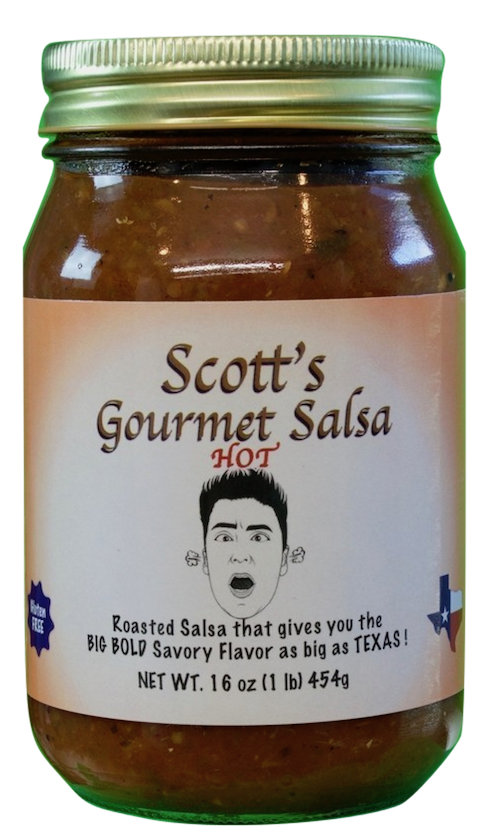Tomatoes
Cooked tomatoes contain lycopene which has been shown to help with and it’s a great source of antioxidants. Researchers from Cornell University said that cooking tomatoes increase the level of phytochemicals they contain. The Journal of Agriculture and Food Chemistry Rui Hai Liu said ‘This research demonstrates that heat processing actually enhanced the nutritional value of tomatoes by increasing the lycopene content that can be absorbed by the body, as well as the total antioxidant activity.
Jalapenos
Jalapenos and other chilies contain Capsaicin which has been found to have anti-bacterial, anti-analgesic and anti-diabetic properties. They are also rich in vitamin C which is good for the immune system and vitamin C is required for collagen synthesis. Collagen is the main structural protein required for the integrity of tissues, cartilage, skin and bones. Jalapenos also contain beta-carotene, vitamin A, vitamin E and vitamin K as well as other nutrients.
Onions
Onions contain quercetin which is an anti-oxidant they may have benefits such as preventing cancer. Other phytochemicals in onions are cepaene, disulfides, trisulfides and vinyldithiins. They all are helpful in maintaining good health and have anti-cancer and anti-microbial properties, according to the National Onion Association. The antioxidants and flavonoids may help promote heart health, reduce inflammation and also contain elements that help the liver detox properly. The sulfur in Onions may be effective anti-inflammatory agents, according to a 1990 study in the journal International Archives of Allergy and Applied Immunology. Quercetin has been found to relax the airway muscles and may provide relief of asthma symptoms, according to a 2013 study in the American Journal of Physiology.
Garlic
Garlic is known to boost the immune system. One large 12-week study found that a daily garlic supplement reduced the number of colds by 63% compared with placebo. Adv Ther. 2001 Jul-Aug;18(4):189-93. The average length of cold symptoms was also reduced by 70%, from 5 days in placebo to just 1.5 days in the garlic group. Human studies have found garlic supplementation to have a significant impact on reducing blood pressure in people with high blood pressure.Mol Cell Biochem. 2005 Jul;275(1-2):85-94, J Atheroscler Thromb. 2008 Dec;15(6):334-8. Epub 2008 Dec 6. In one study, aged garlic extract at doses of 600-1,500 mg was just as effective as the drug Atenolol at reducing blood pressure over a 24 week period.Pak J Pharm Sci. 2013 Sep;26(5):859-63. Garlic can also lower total and LDL cholesterol, reduce oxidative damage, (J Nutr. 2001 Mar;131(3s):955S-62S.) , and at high doses help heavy metal detox. A four week study in employees of a car battery plant (excessive exposure to lead) found that garlic reduced lead levels in the blood by 19%. It also reduced many clinical signs of toxicity, including headaches and blood pressure. Basic Clin Pharmacol Toxicol. 2012 May;110(5):476-81. doi: 10.1111/j.1742-7843.2011.00841.x. Epub 2011 Dec 29.
Cilantro
Cilantro contains vitamin C and K, folate, beta-carotene, potassium, lutein, manganese and iron just to name a few.
Lime Juice
Lime juice is high in vitamin C and potassium, aids in digestion, contains flavonoids which have anti-oxidant properties, antibiotic and detoxifying properties. Citrus fruits have fever reducing properties as well.



